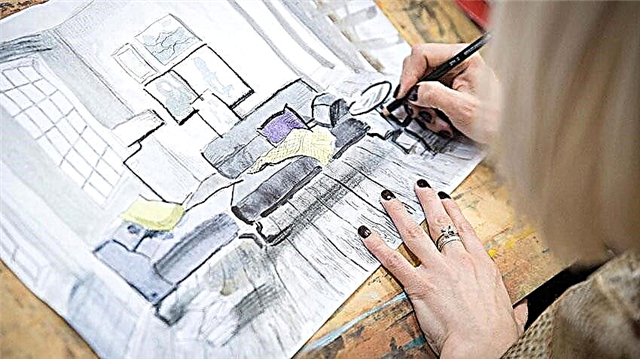Few collectors want to think about what might happen to his valuable collection of coins if burglars suddenly break into the house or a fire breaks out. By investing reasonably in insurance and security systems, you will ensure the safety of your collection, not only for yourself, but also for your descendants.
Protect your collection from fire and thieves
Safes
The process of choosing the right safe can seem pretty straightforward and straightforward if you know where to start. Safes provide protection against two threats: fire and burglary.
Fireproof safes are designed to provide maximum protection for their contents if a fire breaks out in the house. But such safes cannot always protect against theft. In contrast, burglar-proof safes are designed primarily to protect against theft. And although these safes also have some degree of fire resistance, fire protection is not their strong point.
Since theft is always considered a more likely event, burglar-resistant safes should be preferred.
Such safes differ in protection classes. An example is the classification by the international independent organization Underwriters Laboratories (UL). This specialized company is recognized as the world's leading expert in the development of safety standards. UL distinguishes three main classes of safes:
- TL - 15 - an attacker will need at least 15 minutes to break into such a safe, provided that a hand or electromechanical tool is used;
- TL-30 - capable of providing protection against penetration for at least 30 minutes;
- TRTL-30X6 - also withstands 30-minute attacks, including with high-temperature cutters.
The higher the burglar resistance class of the safe, the higher the price will have to be paid for it. After the purchase, it is important not to forget to attach the safe to the floor or wall, otherwise several people with a trolley will be able to take out the safe weighing several hundred kg and only then quietly hack it in a secluded place. Finally, it is necessary to say about the locks. Unlike a traditional mechanical lock, a modern electronic lock will add a minimum of $ 150 to the price of a safe. But this investment is well worth the money. An electronic lock is more difficult to break, and you do not need to call a specialist to change the code.
Safety
The first line of defense for your collection should be an alarm connected to a centralized security agency console. Many people connect their homes to a unified security system and at the same time stick stickers on the doors with the name of the security company. It may give people some extra confidence, but it will attract rather than scare off thieves. Therefore, it is better to pay extra money and install an alarm that works over a cellular connection. Otherwise, attackers can easily disable conventional alarms by simply cutting off the telephone line. A safe can also be connected to the burglar alarm. Some of the more expensive and complex models have additional sensors that will give a signal to the security agency if the robbers manage to bypass the rest of the system's sensors.
The best guarantee of the safety of your coins will be given by a bank safe deposit box. Of course, this will cost more than keeping coins in a home safe, but you will be sure that your collection is completely safe. The cost of renting a cell can vary from bank to bank, but regular customers usually get a good discount.
Try not to subscribe to numismatics magazines and newspapers to your home address. Moreover, do not order delivery of the coins themselves to your home. Better to rent a P.O.box from your local post office, so the local postman won't know for sure that you are a coin collector. Neither will the neighbors know about this if they receive mail for you when you leave somewhere.
Finally, be careful about telling people about your hobby. Try not to tell strangers about your interests. Keep books and materials on numismatics away from prying eyes. Do not show your addiction to coins either at home or on the street. Putting "I'm addicted to coins" on your car would also be a bad idea.
Collection insurance
Coin collection insurance is perhaps one of the most painful issues for a coin collector. Most standard homeownership insurances will not cover coin loss in the event of a fire or burglary. Therefore, you will have to purchase an additional insurance policy, and explicitly write in there items on insurance of the collection against fire and theft. In this case, you can go in two ways:
- supplement the existing insurance policy with additional items;
- contact a company that specializes in coin insurance.
Alas, the insurance market for private coin collections in Russia is not yet developed. If in the USA the members of the International Association of Numismatists have a significant discount on insurance, then in Russia there is no such practice yet.
Finally, carefully record all events related to your coin collection: buying, selling, examining, etc. Make sure these records are kept in a safe place. It will not be superfluous to make scanned copies of documents and save them not only on your computer, but also send them to people you trust.
You can also come up with and take additional measures to protect your coins. And then your collection will definitely delight more than one generation of your family.



